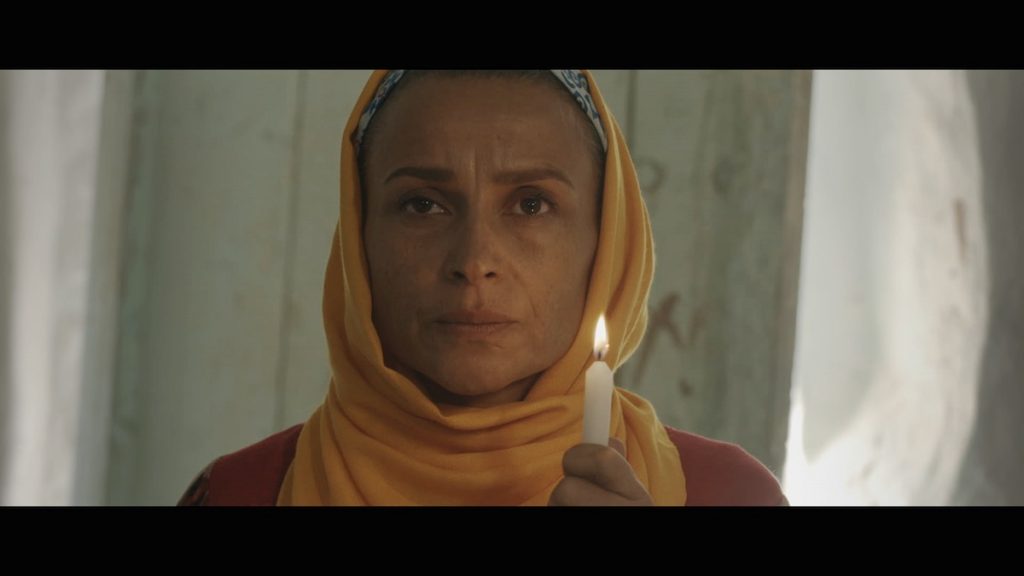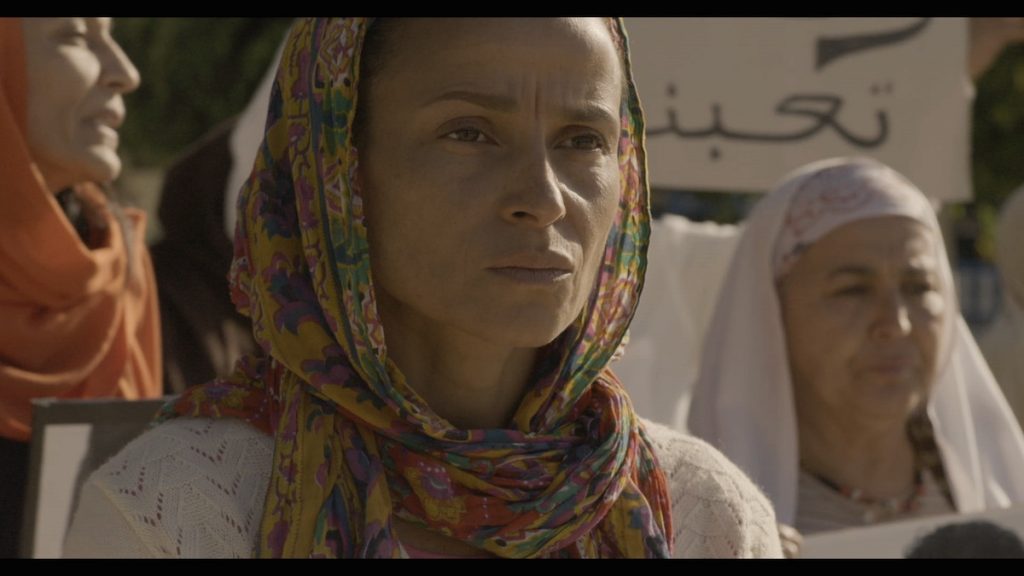Luxor hosts cross-African film fest
Speaking to festival director Azza El-Hosseiny
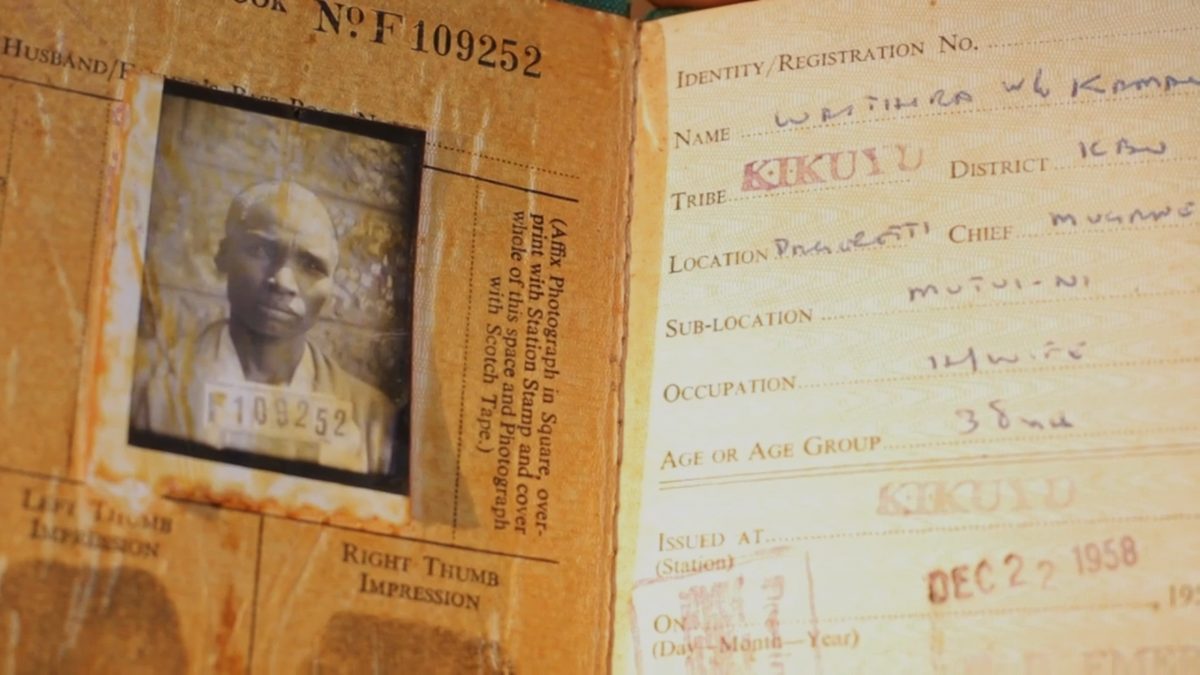
Egypt will host the 7th edition of the Luxor African Film Festival (LAFF) on March 16-22, in the southern city of Luxor. The festival was created in 2011 by scriptwriter Sayed Fouad and filmmaker Azza El-Hosseiny, both Egyptian, to put a spotlight on African films, made by African filmmakers with a regional as well as international reach, and to encourage partnerships between the Egyptian and other African film industries. In 2017, the festival welcomed 200 producers, actors and film industry professionals from Egypt, and 120 guests and filmmakers from abroad. Azza El-Hosseiny, director of LAFF, talks about her work with the festival and her vision of African cinema.
Can you tell us about this edition of the festival – what will we see during the week?
We have an extensive program celebrating documentaries and films about Africa. And we are dedicating it to Samir Farid, the great Egyptian filmmaker who passed away last year. He was also one of the foremost film critics in Egypt and internationally acclaimed; he was honoured in Cannes, at the Berlinale and the Dubai International Film Festival. We will also pay tributes to others: [French-Egyptian actor] Gamil Ratib and Moussa Touré from Senegal, and the souls of Hussein Sharif from Sudan, Idrissa Ouédraogo from Burkina Faso and actor Ahmed Zaki from Egypt.
This year, we added a new competition to the festival as well. We usually have four main competitions: long narratives, long documentary, short films and freedom. The new one is a student film competition for Egyptian students. We will also have workshops, exhibitions, seminars, Q&As and books, and a daily newsletter which will be available during the festival.
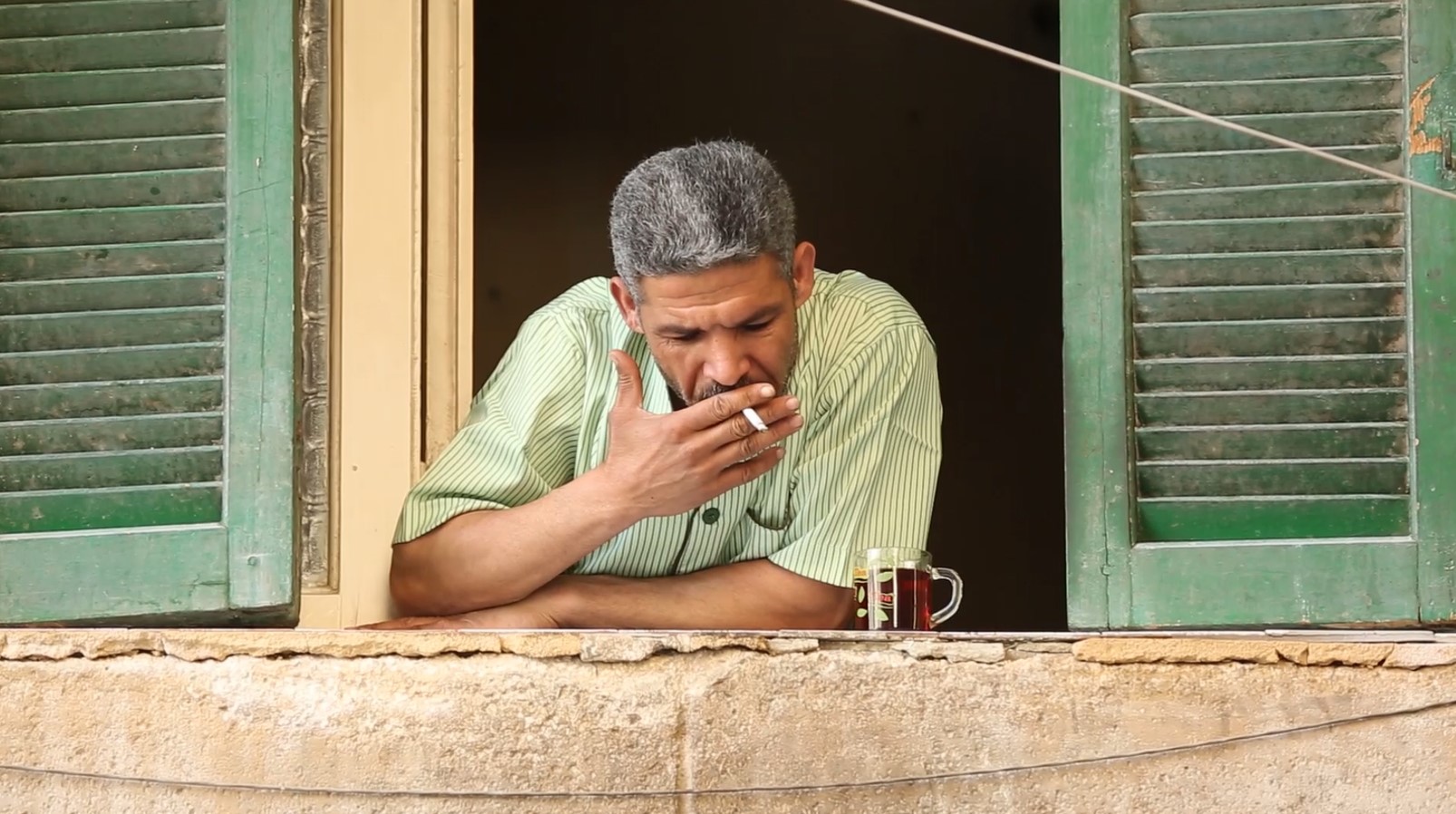
How did you select the films for the festival?
We viewed all films submitted this year with a selection committee, and they chose films for each competition. The committee changes every year but always has the same head, scriptwriter Atia El-Dardiry. The other members are a variety of filmmakers, journalists, directors, scriptwriters and film producers, in order to select films of the highest quality to be screened.
The committee is Egyptian, but we do have one consultant from outside of Egypt, Mr. Pedro Bibenta who is a Mozambican producer. This is the first year we welcome him and he has assisted us in choosing some of the selected films.
How come you chose Luxor for such a big festival, rather than Cairo?
This is a good question. We chose Luxor because, first of all, we want to decentralise Cairo. Everything happens in Cairo. Second, we want to go closer to the heart of Africa. And also, the city has no other cultural or cinematic events, this is the first and only one.
The slogan for this year’s edition is “Cinema for a Better Tomorrow”; what does that mean?
We always have a message, represented through our slogan. This year we are targeting young filmmakers from Africa, hoping to introduce the new cinema of tomorrow. We encourage people who care about the film industry, from both within and outside the continent; people who think of the future of filmmaking and who want to collaborate to be as effective as possible in organising activities and exchanges, and stay updated with the most recent developments in the film industry. Our main forum during the festival, “The Future of Africa: Contemporary Ideas”, is mainly concerned with using cinema and culture as a base for cultural development in African countries.
Besides these young cinema makers, what about the African film industry in general? Which kind of filmmakers and profiles are coming here?
We focus on young talent all the time, but we also feature a number of premiere screenings. This year we have the award-winning Souleymane Cissé from Mali for example [who got the Jury Prize during the 1987 Cannes Film Festival] and again, Moussa Touré from Senegal. There is also Ardiouma Soma, head of Fespaco [in Burkina Faso], one of the oldest African film festivals on the continent. While maintaining a focus on youth, we are also trying to diversify.
Are there any particularly interesting or unique films this year?
We have many good quality and important films, and there will be some premieres as well, including four to five worldwide premieres. I think this is good for being a young festival because it’s not easy; you have to build credibility in order to welcome premiere screenings, and that isn’t easy in the film festival industry.
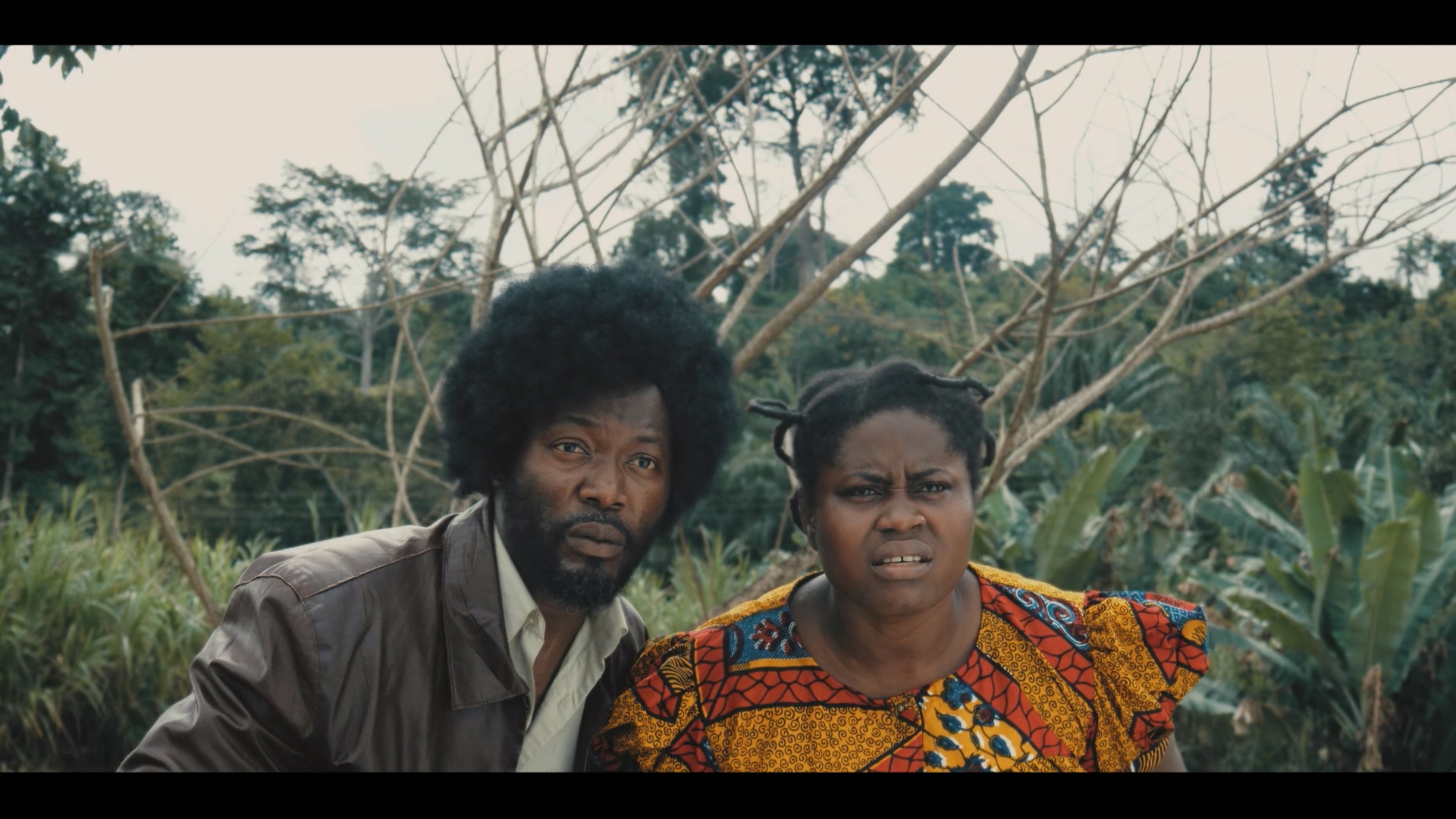
Are all African countries represented in this year’s edition?
This year, we have 32 countries participating in all sections of the festival, and we also have about 12 countries from outside of Africa being represented.
We face challenges to film making in many African countries; there are places that don’t even have movie theatres or cinema industries so I believe that representing 32 countries is a big achievement.
One of the goals of the festival is to increase unity and power in the continent?
Yes, that is an aim! One of our targets is to unify and acknowledge that we have a shared African identity. We want to strengthen the networking in order to increase our reputation in the international film industry. Every year, we try to encourage collaborations between filmmakers and production companies, TV or online media platforms. We always try to establish more and more contacts.
For you as an Egyptian, why did you choose to establish an African rather than an Arabic film festival?
For me, it was a choice. To target African countries, after having cut ourselves off from Africa, especially sub-Saharan countries, for 25 to 30 years. Since the January 25 revolution, we are going through a very important moment in our lives as Egyptians, We have chosen to reconnect with Africa through films, images, photos and intellectuals, to create platforms with our African identities. And there are many other Arabic film festivals also. This is a new African film festival.
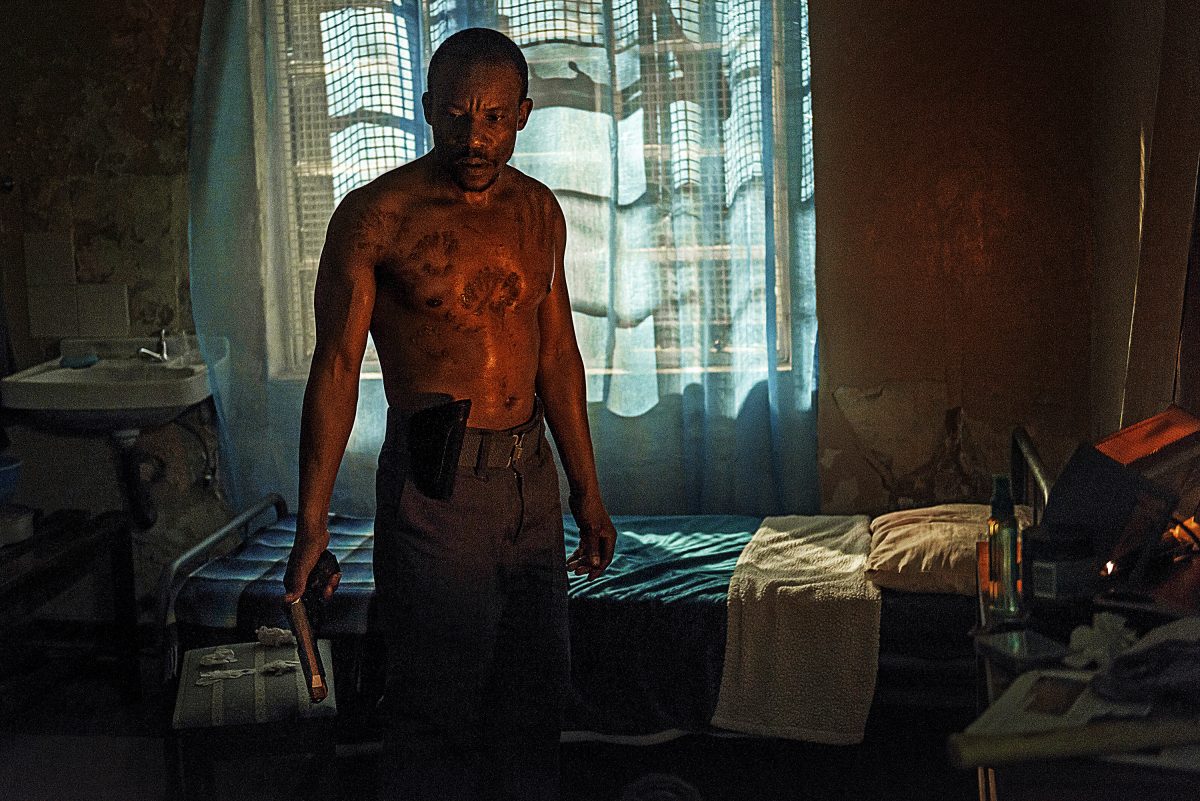
Does Egypt, with its strong history of cinema, have a particularly important role in leading the festival?
It does. We are competitive; I believe we are now the fourth most important African film festival after Fespaco, Carthage [in Tunisia] and the Khouribga African Film Festival in Morocco.
Is there still a big interest in cinema in Egypt do you think?
I would say that in Egypt the whole country is interested in the film industry. In 1907, a bit more than ten years after the Lumière brothers in France invented the cinema machine, a short documentary was made in Egypt. This means that we are the oldest country in filmmaking in the Middle East and Africa. Our film industry is historical we have produced many films. But in the last 30 years, we have also had complicated problems of financing. This I cannot deny – but at the same time, I am very proud of the new independent Egyptian films that are being made, which represent Egypt in a good way in the world.
What are your hopes, finally, for the future of the festival?
I hope that we can be more independent financially, because this is the main obstacle that we face: always waiting for governmental funds which is exhausting, difficult and complicated. I hope that we can have our budget from one ministry and find other independent, private or civil, supporters to be a part of this festival for the future. This is my hope.
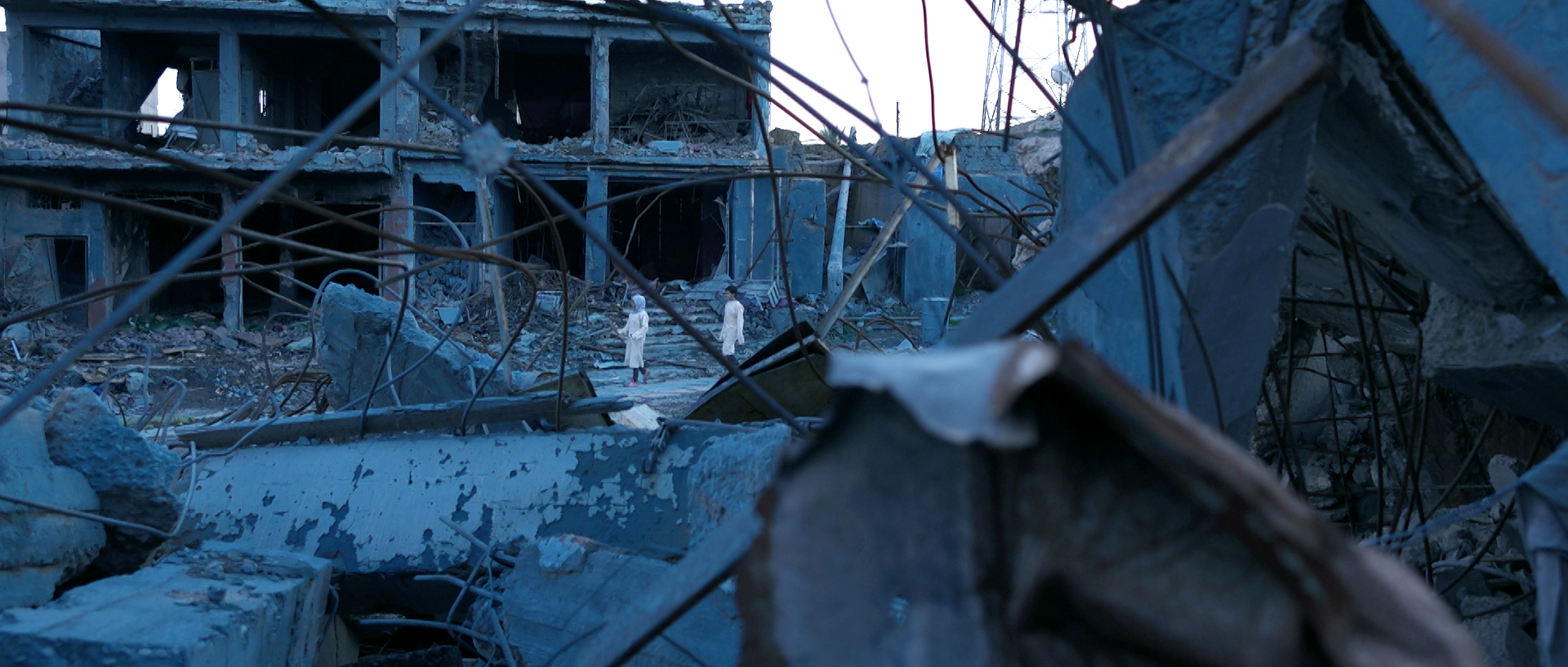
Films to see at this year’s Luxor African Film Festival
As someone who has watched all the films that will be screened during the festival, I would recommend you to watch all of them if possible – but if you don’t have the time, these are the ones you should definitely try and see:
Long narrative competition
Keteke by Peter Sedufia (Ghana)
Five Fingers for Marseilles by Michael Matthews (South Africa)
Benzine by Sarra Abidi (Tunisia)
Long documentary competition
Mama Colonel by Dieudo Hamadi (Congo)
Silent Cells by Mohamed El Moudni (Morocco/Germany)
Waithira by Mrs. Eva Munyiri (Kenya)
Freedom competition
Punishment Island by Laura Cini (Italy/Uganda)
The Violet by Baqer Al Rubaie (Iraq)
500 years by Peter Kinoy (Guatemala/USA)
Short film competition
Mama Bobo by Ibrahima Seydi & Robin Andelfinger (Senegal/Belgium)
Pantheon by Mr. Ange-Régis Hounkpatin (Benin/France)
Terrain Vague by Latifa Said (Algeria)
Student film competition
Jebel Banat by Sharine Atif (Egypt)
Into Reverse by Noha Adel (Egypt)
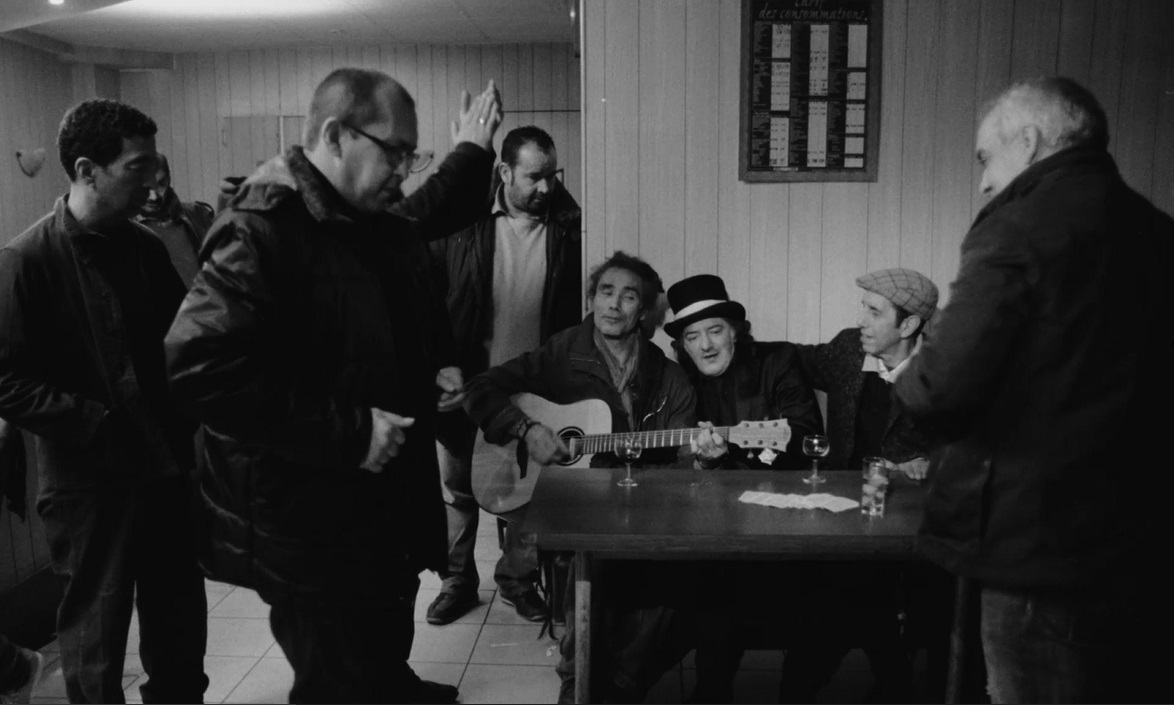
Laurence Gnanguenon, who interviewed Azza El-Hosseiny and selected the movies on the suggested list, is involved as an organiser in this year’s film festival.







